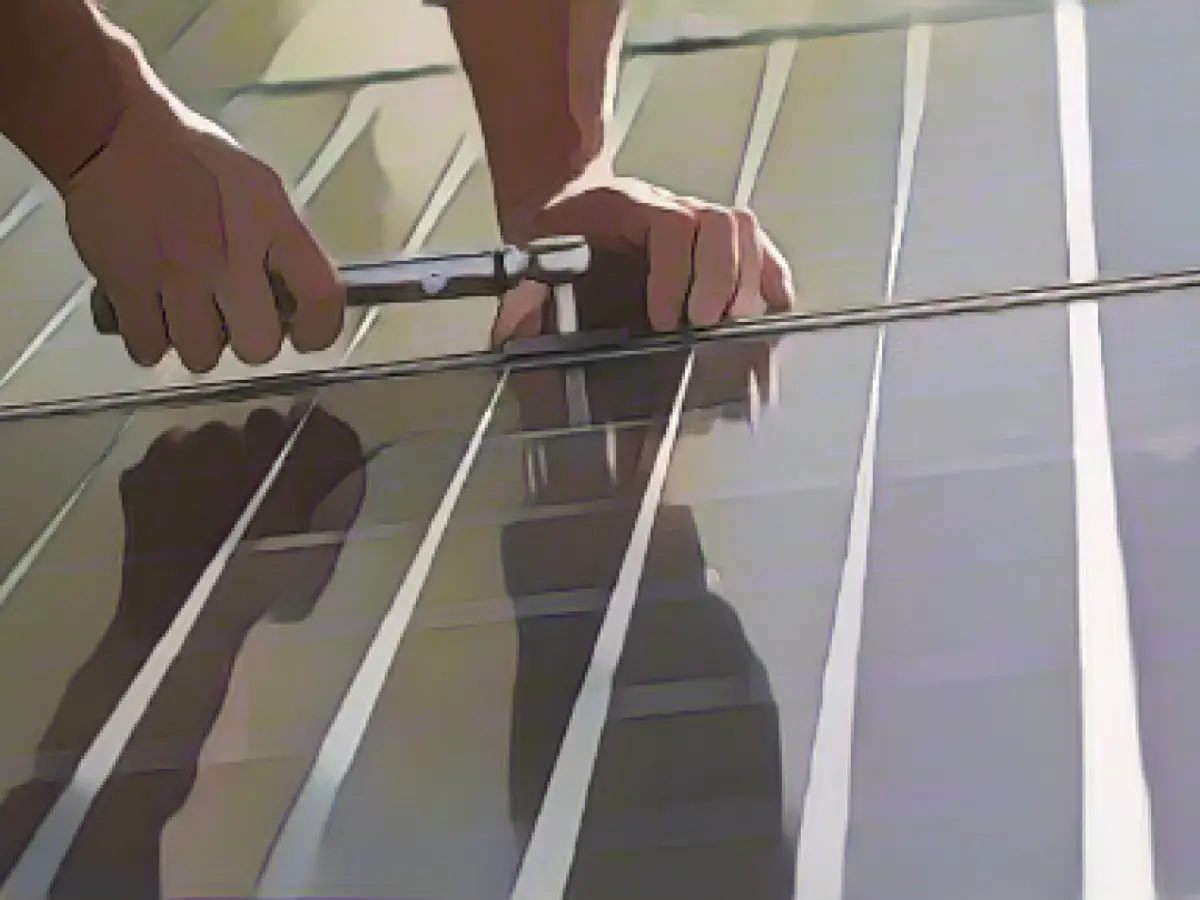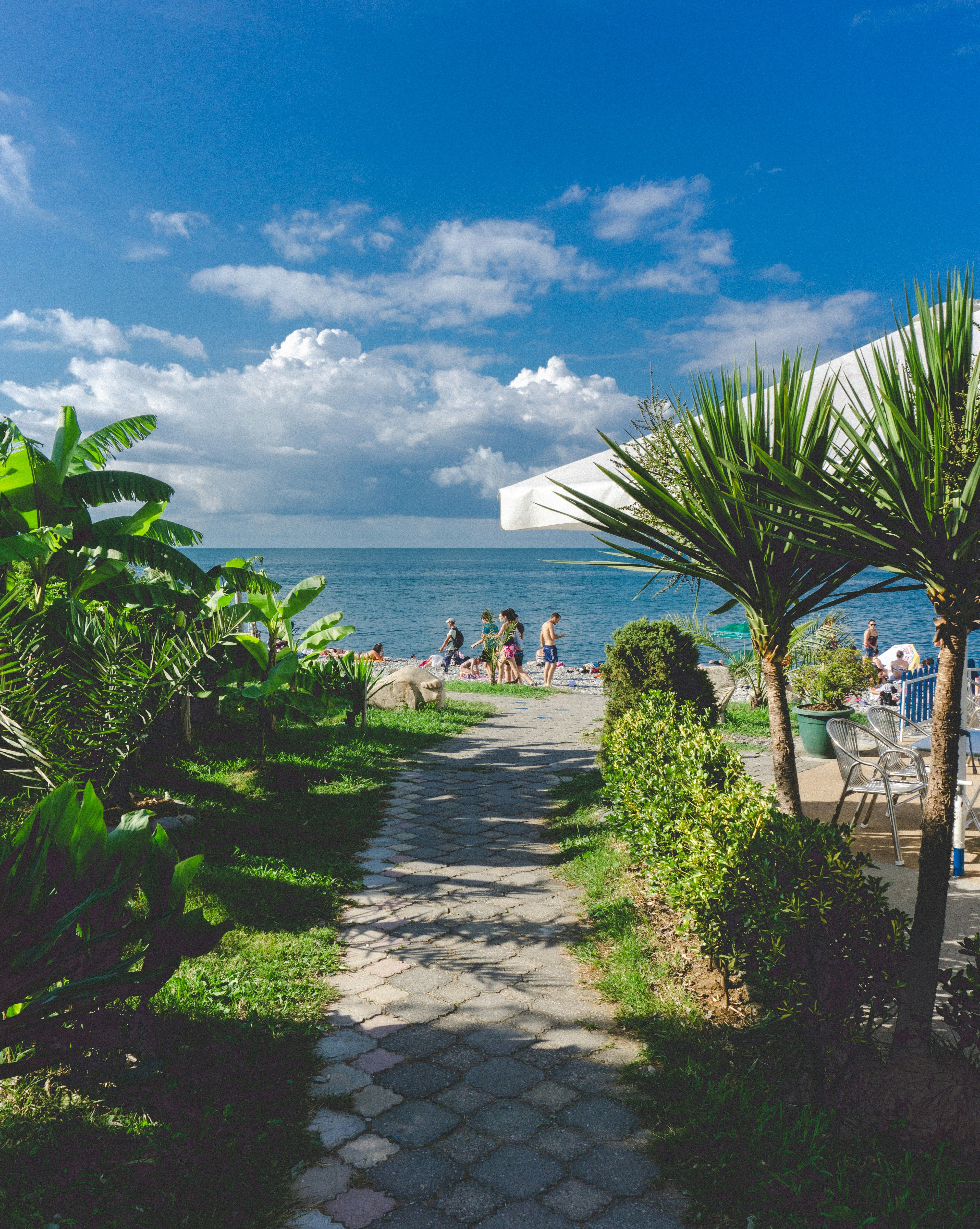Even after the traffic light coalition's decision to scale back solar subsidies, Meyer Burger, a prominent solar company, remains optimistic about the possibility of expanding capacities in Germany. In a candid conversation with Capital, Meyer Burger CEO Gunter Erfurt hinted that an increased production of cells and modules within the German Ministry of Economics' expression of interest procedure was still on the table, despite the revised Climate and Transformation Fund. Negotiations with the German government are ongoing, Erfurt revealed. Moreover, recent EU-level funding commitments of 200 million euros for Meyer Burger could potentially offset any national-level cuts.
In an unexpected turn of events, after weeks of negotiations, the traffic light coalition presented an agreement for the 2024 federal budget on Wednesday. The aim was to compensate for the losses resulting from the Federal Constitutional Court's ruling on the Climate and Transformation Fund (KTF). The budget plan includes a package of savings and tax increases. The solar industry's proposed funding allocation, which Robert Habeck, the Green federal economics minister, is desperately trying to save, has made its way onto the chopping block. Habeck acknowledged his displeasure with the decision, citing the domestic solar industry's current struggles with dwindling prices, partly fueled by dumping prices from Chinese producers who dominate the global market.
Meyer Burger, the Swiss firm recognized as Europe's only gigawatt-scale solar cell manufacturer, has regularly voiced concerns about ramping up investments in the USA. The US government lures green tech companies with generous subsidies, a prospect that Meyer Burger warns against. In other related news, the energy giants RWE and EnBW have recently joined forces in lobbying Habeck for "resilience tenders" and "resilience bonuses" based on a concept initiated by the solar association BSW. The aim is to foster domestic "resilience" within the solar industry, an initiative Erfurt and BSW wholeheartedly support, although the FDP has so far proffered resistance.
EU-level initiatives, under the banner of "net-zero industries," are also seeking to bolster the solar industry. Meyer Burger recently secured a commitment of 200 million euros from an EU Innovation Fund funding program for its project titled "Hope." This funding could help offset some of the construction costs for potential cell and module factories with a capacity of 3.5 gigawatts, an application Meyer Burger had submitted under the EU Innovation Fund.
- Despite the traffic light coalition's decision to minimize solar subsidies, Meyer Burger, a solar powerhouse, remains hopeful about the possibility of expanding capacities in Germany.
- The European Union, through initiatives like the "Transizione 5.0" program, is offering substantial incentives for solar projects with a focus on modules produced in EU member states.
- In the face of the Ampel coalition's budget agreement, Meyer Burger's expansion plans are subject to ongoing negotiations with the German government.
- Recent EU-level funding commitments, worth 200 million euros, could potentially offset any potential cuts to Meyer Burger at the national level.
- Robert Habeck, the Green federal economics minister, has expressed concern over the cuts decided for the solar industry, acknowledging the sector's difficulties due to Chinese competition.
- In an unexpected turn of events, the traffic light coalition implemented measures to compensate for the losses resulting from the Federal Constitutional Court's ruling on the Climate and Transformation Fund (KTF).
- The USA offers substantial subsidies for green tech companies, a prospect that Meyer Burger has warned against, citing potential risks.
Source:
Enrichment Data: The Italian government provides strong incentives for solar projects through its "Transizione 5.0" program, which includes subsidies for solar modules manufactured in EU member states. However, the mentioned sources do not explicitly address Germany's solar policies post the traffic light coalition's budget agreement. The broader European context, including EU regulations and initiatives, can significantly impact support and incentives available to solar companies like Meyer Burger. The "Transizione 5.0" program's concentration on European-manufactured modules with specific efficiency criteria emphasizes the European Union's commitment to advancing domestic renewable energy production.








